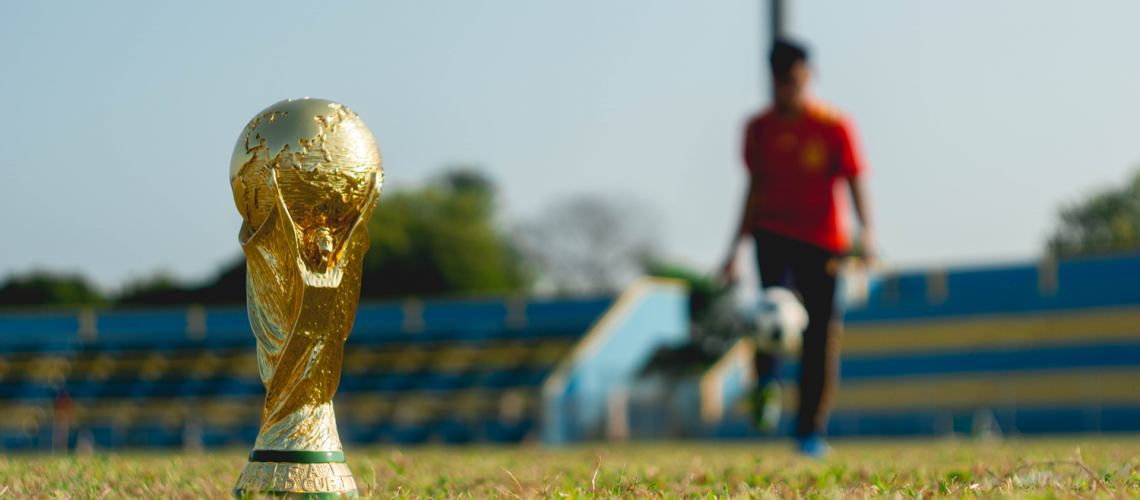
- March 24, 2020
- , 2:04 pm
- , Uncategorized
Is a child’s early success in sport a predictor of their success in sport as an adult?
So, you are a parent, or perhaps a coach, and you have an outstanding young athlete in your charge. Will they become that superstar you see on the world stage? It is natural to ask such a question – and to see what the chances are. And what you can do to change those chances – to maintain today’s great performance for the longer haul.
One obvious answer is to specialize when young and focus on developing key and core skills. But the obvious answer seems to be wrong. Coaches in the US have reported that the best athletes by college or university level were those who had played three sports as children. It gets stranger. Children specializing in a single sport reported half as many again injuries as those who played multiple sports: in fact one study reported rates between 70 and 93%. As adults they had higher rates of inactivity. Even as children they quit earlier, lost motivation, and certainly didn’t enjoy sport as much.*
One study drawn on by Active for Life reported that fewer than 1% of child athletes reached the elite in later years.*** That study also found that early specialization was damaging rather than success-promoting, and “early diversification is more likely to lead to success”. And to continuing in sport in later life.
Another study – and this abbreviates its complexity and detail – recommended athletes and their coaches to “pace the race” in much the same way as they learn to pace themselves in any single event or competition. This needs to start with their training in adolescence.****
These do sound promising avenues, but even a more positive study from 2014** found that “only a third of international pre-junior athletes reappeared as senior athletes, confirming the difficulties of predicting late success based on early identification and selection”. For the ambitious parent or coach, and for the talented, emerging athlete, such figures make sobering reading. However, one consistent theme is that, despite the great interest in promoting elite athletes from their early years, the amount and depth of research into this has a long way to go.
We are, then, rather short of answers, or at least the easy ones – if I do this, I will achieve that. Yet young elite athletes are a base for older elite athletes, though they may find themselves sharing the podium with other talents that did not emerge until later adolescence.
We can look at all this positively. The recipe for success, if we can call it that, is to get your child into many sports, because that provides a range of complementary skills and capacities.* It is also more likely that they will enjoy the sport and continue with it in some way in later life. Will they be elite? Perhaps. Perhaps not. But they may have a better quality of life.
* J O’Sullivan, https://activeforlife.com/what-elite-athletes-have-in-common/; and M Mountjoy et al. 2008. IOC consensus statement: “training the elite child athlete”. British Journal of Sports Medicine 42(3): 163-164
** A Barreiros, A Fonseca, J Côté. 2014. From early to adult sport success. European Journal of Sport Science 14, https://www.researchgate.net/publication/259825113_From_early_to_adult_sport_success_Analysing_athletes’_progression_in_national_squads
*** N Jayanthi et al. 2013. Sports specialization in young athletes: evidence-based recommendations. Sports Health 5(3): 251-257. https://www.ncbi.nlm.nih.gov/pmc/articles/PMC3658407/
**** S Menting et al. 2019. Optimal development of youth athletes toward elite athletic performance. Frontiers in Sports and Active Living, https://www.frontiersin.org/articles/10.3389/fspor.2019.00014/full